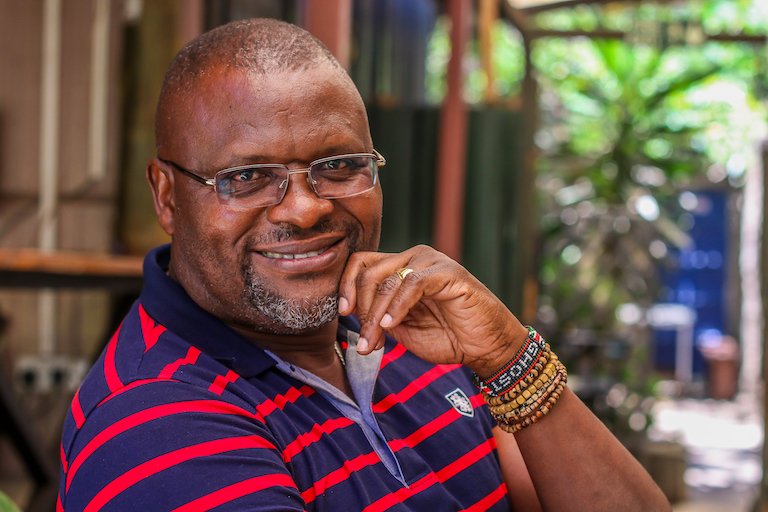The coaching carousel, at the helm of Harambee Stars’ men’s team continues to turn. Francis Kimanzi, who has coached the Harambee Stars on several different occasions, has abruptly stepped down as head coach. His replacement, Jacob ‘Ghost’ Mulee, another man, who has himself been Harambee Stars head coach on multiple different occasions, has been announced barely 24 hours later.
At this point in time there has been no official communication from either parties about why Francis Kimanzi and his two top assistants stepped down. Mr. Kimanzi’s latest stint at the head coach position begun in the aftermath of Kenya’s recent elimination at the group stages of the 2019 Africa Cup of Nations. His last match was the recent 2-1 friendly match win against Zambia at Nyayo Stadium in Nairobi

Kenya are presently in the middle of the qualifying phase of the next Africa Cup of Nations, with 2 points out of a possible 6, with a home and away double header against Comoros, followed by return matches against Togo and Egypt still to be played.
The new (or returning) head coach Jacob ‘Ghost’ Mulee’s high point as national team coach, was in his maiden campaign at the helm, in which he led Kenya to their first AfCON finals appearance in 14 years (2004) and also presided over the team at those finals, in which Kenya won their first ever match at an AfCON finals, a consolation 3-0 win over Burkina Faso.
Subsequent spells in charge of the national team were much less fruitful, partially because of the backdrop of the wrangling between what was then the KFF (Kenya Football Federation) and FKL (Football Kenya Limited). ‘Ghost’ Mulee, a goalkeeper in his playing days, has also spent a considerable amount of time doing TV punditry for Kenya Premier League matches with, SuperSport, KTN News and Radio Jambo. He also had a successful stint as head coach of Tusker FC.





 NIck Mwendwa basks in the glory of victory (Source: Daily Nation)
NIck Mwendwa basks in the glory of victory (Source: Daily Nation)